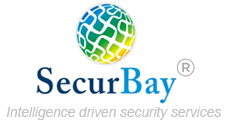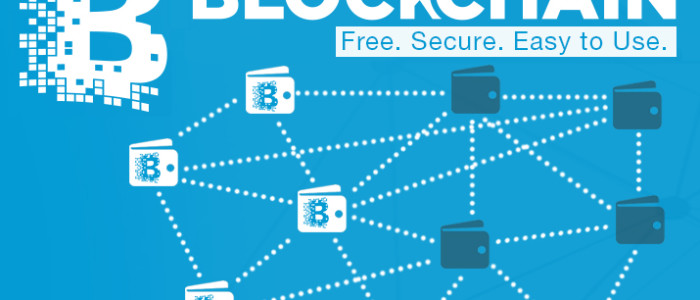Blockchain Applications – disruptive technology to build a safer online world
In the earlier blog ‘Digital Economy – Bitcoin: The BlockChain Story’ is making waves as a much needed encryption mechanism for databases. There have been waves of security attacks, as more and more people switch to online transactions. Ecommerce, online services transactions and citizen services (by governments) have made life easy for people, at the same time vulnerable for hackers to snoop in and steal out both money as well as information from these databases.
MIT is building a new technology based on blockchain which can provide the much needed security in terms of allowing transactions while protecting people’s vital information. This lends credibility to the record – as it is not vulnerable. This eliminates third party control of vulnerable data and improves confidence of the netizens.
Because of the liberation from artificial third party controls for data protection and integrity, blockchain brings in the much needed reduction in costs – and therefore is a potential disruption to existing security businesses and customers like banks.
BlockChain is a public ledger system maintained by a network of computers. It has three elements – a transaction, a transaction record and a system that verifies and stores the transaction. The transaction processing happens between sets of computers called miners. This technology has demonstrated to be full-proof as each transaction ‘block’ is linked and encrypted and potentially unhackable.
The primary application of BlockChain is in monetary transactions – international remittances. This will enable banks to bypass potentially, payment networks which are slow, cumbersome and vulnerable.
Online voting is now become a major way forward to encourage public participation in elections. Some of the countries like Estonia and Norway have switched to Internet based voting. Bitcoin magazine quoted that last year Denmark’s Liberal Alliance became the first political party to vote using a blockchain-based system for its internal elections. An interview of Mr. Adam Ernest, CEO of FollowMyVote says that – ‘There is a common misconception that voting cannot be done online in a secure way. However, the introduction of blockchain technology is changing the conversation’. Each voter can actually now track whether his or her vote has been counted.
Blockchain creates ‘for the first time, two people, completely anonymous, to exchange and transact on a digital piece of property’. Government can use it for land records, storing citizen information and other services transactions.
Such is the potential of disruption of BlockChain. Still the technology is evolving – methods to fullproof further through removing miners as a concept – but still retaining the ‘open consensus in terms of transacting community’.
In the next blog- we will deep dive into Blockchain based ‘Bitcoin transactions’. We shall call it ‘Banking 2.0’ and the move on to how ‘Banking 2.0’ is a logical continuum of Digital Economy.






Comments are closed.